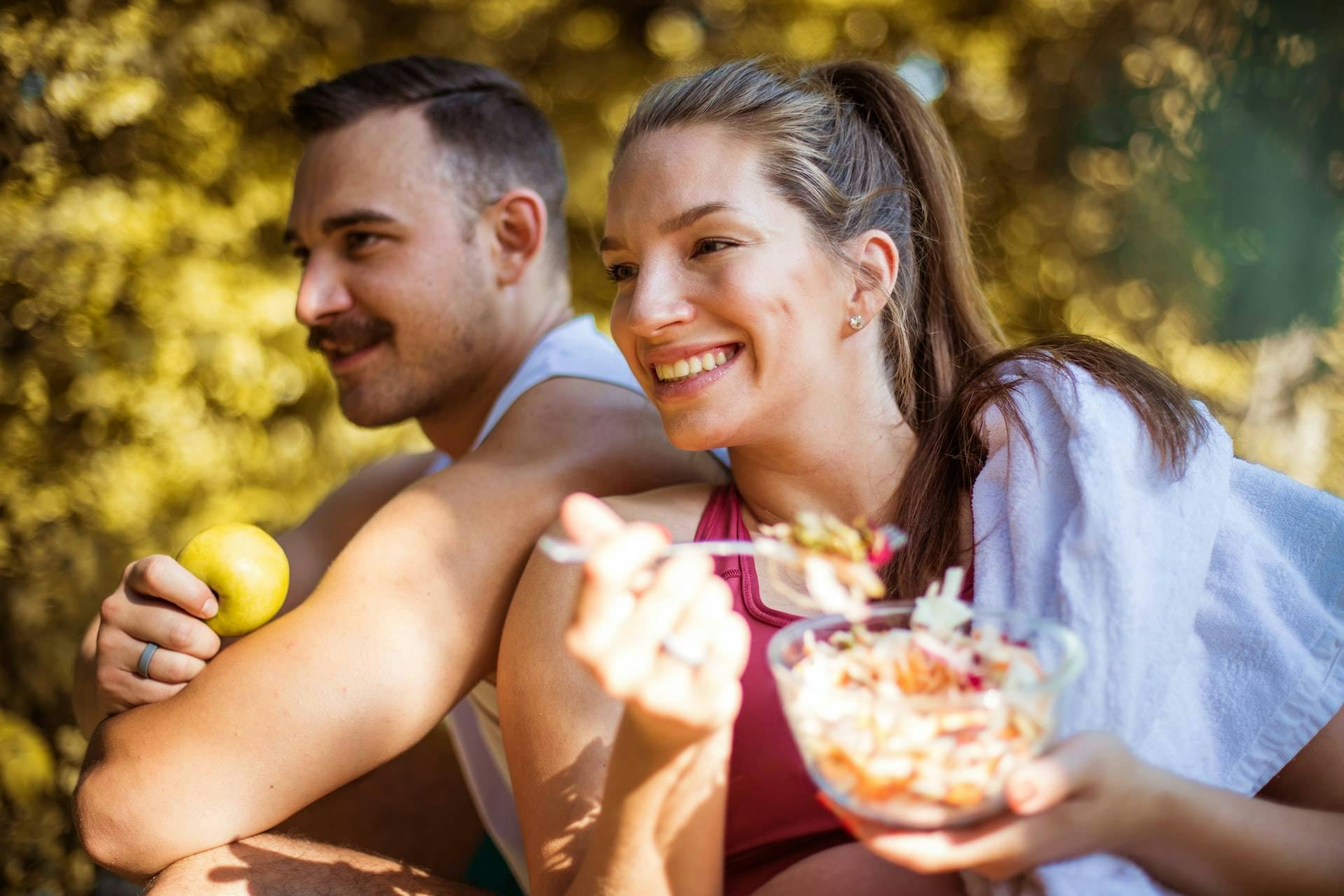Wed Dec 14 2022
9 HEALTHY SNACKS FOR ATHLETES TO PERFORM AT THEIR PEAK

Competitive athletes consume far more calories in a day than non-athletes, so in addition to three regular meals a day, they are constantly snacking. And that’s good — because they burn those calories faster than normal. An athlete’s diet — including their snacks — should include healthy portions of protein, which plays a key role in muscle growth and post-workout repair, and carbohydrates, which serve as the main source of energy during high-intensity activity. Here are some healthy snacks for athletes to perform at their peak:
Whole Day Cereals
Cereals aren’t just for breakfast! Whole-grain cereals have high vitamin content and are often full of healthy carbs. But be sure to skip the sugary (frosted) cereals. Snack on superfoods like high-protein quinoa and high-fiber chia, which are used to make Kuna Pops! superfood cereals. You can mix cereal with milk, blend it with nuts or raisins, or top it with banana slices. Or take it with you and eat it dry, like a finger-food.
Nutritious Fruits and Berries
Fruits are amazing natural sources of vitamins and other nutrients that help ensure cardiovascular health, immune function and optimal physical performance. Potassium is a key nutrient that helps the muscles perform. The body loses potassium through perspiration during intense activity. Bananas are a top source of potassium, particularly after a workout. Oranges also provide potassium and are optimal sources of Vitamin C, which helps reduce inflammation and helps the body absorb iron from other plant-based foods. Raisins also provide potassium, iron and fiber. Berries are chock full of antioxidants. All will help lower the risk of muscular fatigue.
Mixed Greens with Quinoa
Leafy vegetables are another great source of healthy snack carbs. A quick salad with kale and arugula will pack in vitamins and antioxidants. Adding quinoa grains amps up your intake of gluten-free plant protein and fiber. Eating quinoa with dinner can also help maintain healthy blood sugar levels throughout the day.
Copious Amounts of Vegetables
Hydrating vegetables that hold lots of water (like watermelon, celery and bell peppers) can help keep you feeling refreshed after a workout. Baby carrots and celery sticks contain rejuvenating nutrients like Vitamins A, B and C, iron and calcium, and help reduce blood pressure.
Yogurt or Cottage Cheese
Yogurt is an awesome dairy product with healthy calcium, Vitamin D and protein that is also good for gut health. Top your favorite yogurt with Chia seeds for extra fiber, antioxidants and proteins. Chia also contains nutrients that are important for bone health, including calcium, magnesium and phosphorus. If you can, mix in your favorite fruits or berries too.
Smoothies and Shakes
Protein in shakes or smoothies can help the body build muscle and, when consumed after a workout, help those muscles recover. Many athletes swear by chocolate milk-based drinks after a workout because they replenish the calcium, potassium, sodium and magnesium the body loses through exertion. Mix superfoods like chia seeds into any smoothie or shake for added fiber and protein.
Nuts and Seeds
Nuts provide protein, fiber and Vitamin E. They are easy to eat alone or to add to other foods. Use them as a topping for yogurts, cereals and salads. Seeds are also full of fiber, Vitamin E and healthy fats. Mix nuts (almonds, cashews, walnuts) and seeds (chia, sunflower, peanuts — yes, they really are a seed) together for an easy homemade trail mix. Nut butters are also healthy snack options when spread on bananas, rice cakes or whole grain crackers.
Adding some Dairy with Cheese
Cheese offers calcium, potassium and protein. Whether you choose cheese sticks or cubes, string cheese, or slice it up with whole wheat crackers, cheese is a great anytime snack for an athlete.
Snacking at the Right Time
Athletes should make sure to add new snacks to their diet before game day to avoid any potential surprise/adverse reactions. They should also be conscious of how long it will take their body to process different snacks for the optimal benefit, and consider when they snack in their workout schedule. Whole grains, for instance, provide longer energy levels and even out blood sugar, but they are slow to move through the digestive system.
Eat light snacks before a workout — snacks that provide quick energy with fast-burning carbs and protein. These also help control hunger and low blood sugar. Consume protein throughout the day. Snacking after a workout should prioritize protein and carbs over fat, to help rebuild and repair muscles after a workout. Avoid sodas and energy drinks, and limit your intake of refined grains and sugars — there are more health benefits in whole-grain products. Be sure to hydrate before, during and after any lengthy workout or competition.